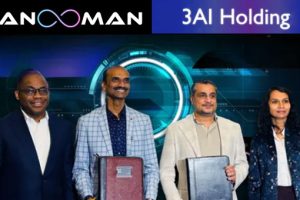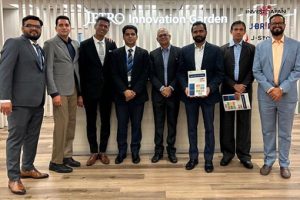Affinidi, a Temasek-founded decentralized identity solutions provider, has announced the signing of a Memorandum of Understanding with Avvanz to jointly establish and issue verifiable credentials, an open standard for tamper-evident digital credentials, to help employers and job candidates in Singapore and around the world simplify employment background checks.
The collaboration intends to streamline the recruitment process by utilizing cryptography and decentralized technology to check and authenticate the identities and credentials of job applicants.
Affinidi will give its experience in digital credentialing via its mobile app and digital wallet Ceal, where job seekers will be able to transform their physical papers into VCs and securely store them on mobile phones using decentralized technology, according to the terms of the MOU. On the Ceal platform, users can also construct and manage their digital identities, as well as regulate what information they disclose and when they reveal it.
Whenever a job application is submitted, employers can readily access and verify the VCs. The verification procedure is predicted to be cut in half because VCs can be validated digitally rather than manually verifying hard copy documents and certificates.
Through Avvanz’s flagship product, ScreenGlobal, Avvanz will bring its capabilities in human resources consulting and talent management solutions to the partnership, specifically the ability to conduct more than 20 different types of background checks spanning 150+ countries (in other words, the subject to be background checked can be from anywhere in the world). ScreenChain, Avvanz’s Blockchain-based ledger, can store verified checks. Avvanz’s technologies are expected to be integrated with Affinidi’s technologies, and expected to enable employers to view the authenticity of pre-verified checks in seconds.
The MOU was signed against the backdrop of a strong labor market and a promising hiring outlook in Singapore. According to the Ministry of Manpower, up to 128,000 jobs are expected to be vacant in the first quarter of 2022, with PMET roles accounting for 56 percent of available employment.
According to a Randstad study, the hiring process can take up to 68 days on average, with employers and recruiters citing manual screening through candidates applying without the appropriate skillsets and extended screening times to check the legitimacy of applications as challenges.






















